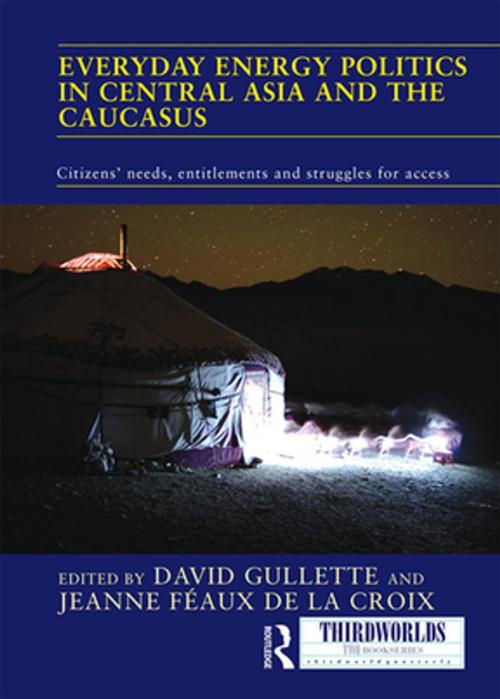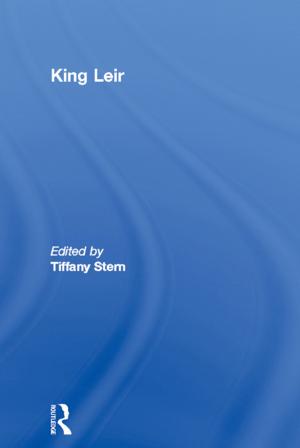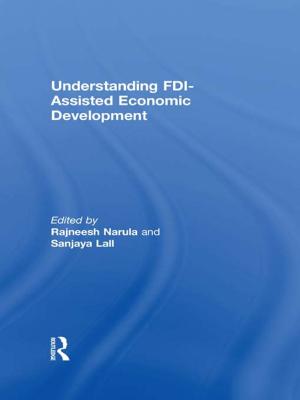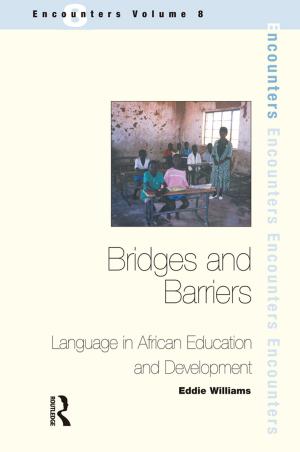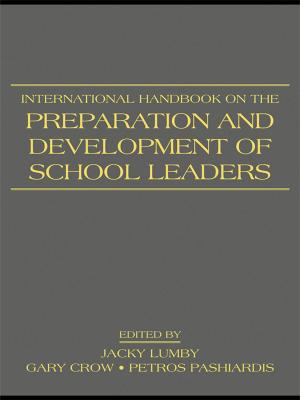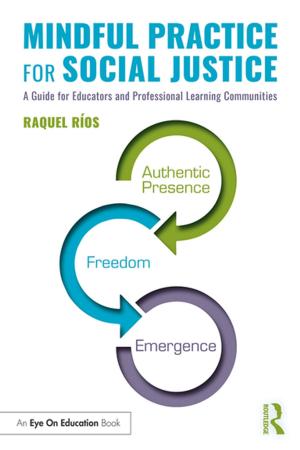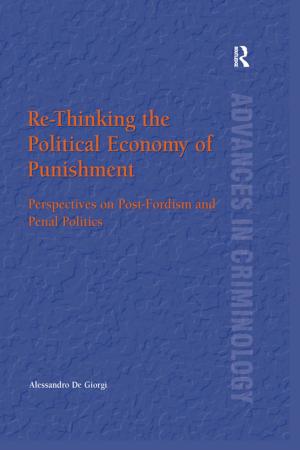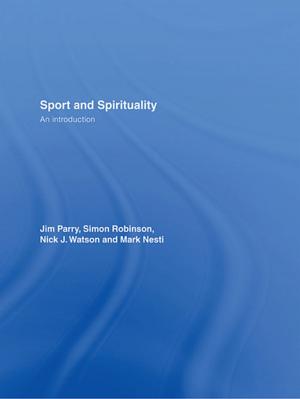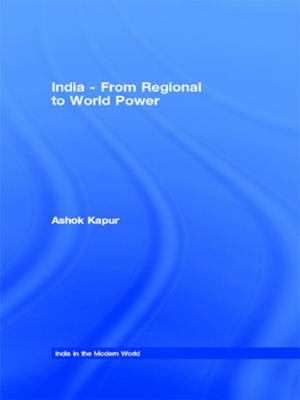Everyday Energy Politics in Central Asia and the Caucasus
Citizens’ Needs, Entitlements and Struggles for Access
Nonfiction, Social & Cultural Studies, Political Science| Author: | ISBN: | 9781317302520 | |
| Publisher: | Taylor and Francis | Publication: | October 2, 2017 |
| Imprint: | Routledge | Language: | English |
| Author: | |
| ISBN: | 9781317302520 |
| Publisher: | Taylor and Francis |
| Publication: | October 2, 2017 |
| Imprint: | Routledge |
| Language: | English |
The perception of Central Asia and its place in the world has come to be shaped by its large oil and gas reserves. Literature on energy in the region has thus largely focused on related geopolitical issues and national policies. However, little is known about citizens’ needs within this broader context of commodities that connect the energy networks of China, Russia and the West. This multidisciplinary special issue brings together anthropologists, economists, geographers and political scientists to examine the role of all forms of energy (here: oil, gas, hydropower and solar power) and their products (especially electricity) in people’s daily lives throughout Central Asia and the Caucasus. The papers in this issue ask how energy is understood as an everyday resource, as a necessity and a source of opportunity, a challenge or even as an indicator of exclusionary practices. We enquire into the role and views of energy sector workers, rural consumers and urban communities, and their experiences of energy companies’ and national policies. We further examine the legacy of Soviet and more recent domestic energy policies, the environmental impact of energy use as well as the political impact of citizens’ energy grievances.
This book was published as a special issue of Central Asian Survey.
The perception of Central Asia and its place in the world has come to be shaped by its large oil and gas reserves. Literature on energy in the region has thus largely focused on related geopolitical issues and national policies. However, little is known about citizens’ needs within this broader context of commodities that connect the energy networks of China, Russia and the West. This multidisciplinary special issue brings together anthropologists, economists, geographers and political scientists to examine the role of all forms of energy (here: oil, gas, hydropower and solar power) and their products (especially electricity) in people’s daily lives throughout Central Asia and the Caucasus. The papers in this issue ask how energy is understood as an everyday resource, as a necessity and a source of opportunity, a challenge or even as an indicator of exclusionary practices. We enquire into the role and views of energy sector workers, rural consumers and urban communities, and their experiences of energy companies’ and national policies. We further examine the legacy of Soviet and more recent domestic energy policies, the environmental impact of energy use as well as the political impact of citizens’ energy grievances.
This book was published as a special issue of Central Asian Survey.
